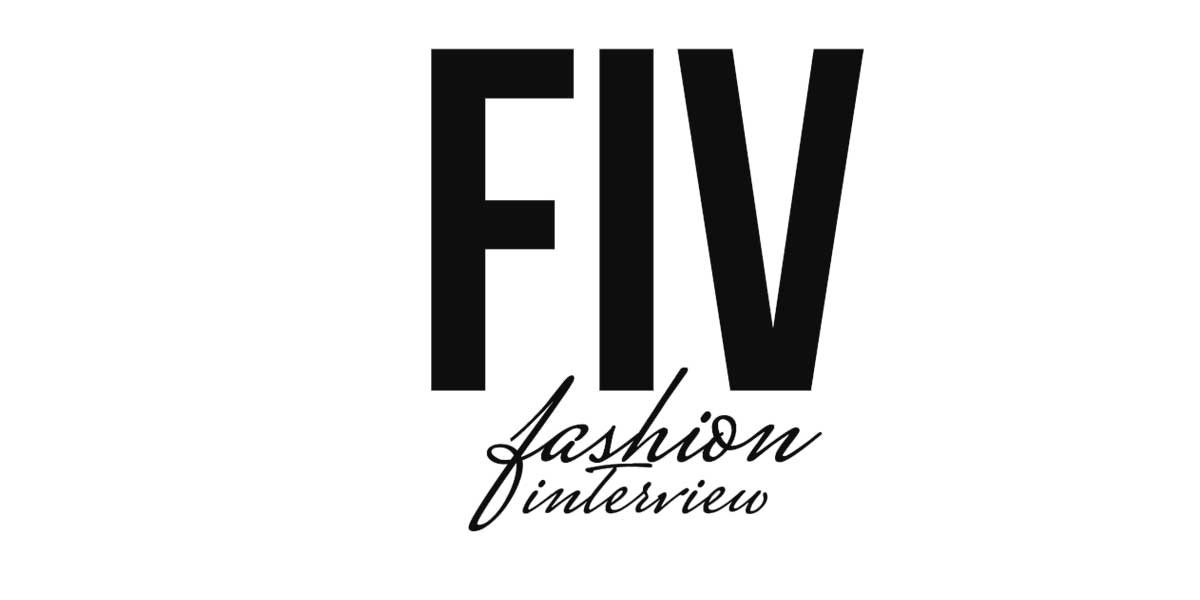Legal question: Stock photography and the right to the picture
Here I would like to give you a small overview of the concession of concessions and sublicenses for the stock photos. An increasing number of photographers are taking advantage of the opportunity to sell their images through (stock-photo) agencies, which gives them the advantage of reaching a wider clientele and greatly reducing the workload of the sales force. This allows him to concentrate on taking pictures without exception. This report shall show you how the purchase of a photo from the stock photo inventory can take place, as well as who grants whom which rights of use.
In general, a distinction must be made between the transfer of rights:
- Photographer -> Agency
- Photographer -> Client and Agency -> Client
You or the agency can agree to the rights of use of a photo vis-à-vis the buyer. In most cases, the constellations illustrated below are applicable. Whether also in the descriptive case, can be looked up in the AGB of the agency.
Variant 1 of stock photography: The agency as mediator
In this version you only use the agency as an intermediary. The Stock-Foto-Agentur takes over the purchase process for you for a fee and provides you with its platform for the presentation of your pictures. By your representation in the repertoire you submit an offer to all interested parties of the agency for the acquisition of the right of use. The following illustrates this:
The agency has to ensure that the terms of use granted by you are not exceeded.
Already when uploading the pictures, you are asked to give a declaration of consent of the person photographed, the architecture or something similar. In doing so, the agency ensures that you are entitled to resell the subject or the illustrated product. If this is not done, the agencies run the risk of having illegally created images in their repertoire. Then the agency would be obliged to the plaintiff model or the trademark owner to be liable as a user of the pictures. The rights granted to the agency in this version are limited to the multiplication of your photos and their representation in the online catalogue.
Benefits and risks of placement agencies
The constellation shown here has the following advantages for the placement office: If the agency has the rights of use given to it by you as a photographer, it does not have to take care of the granting of such rights itself. This would involve a high level of investigation effort and legal risk for the Agency.
If the agency does not grant you extensive rights for the independent granting of rights of use to the buyer, this means a high expenditure for investigations and a large legal risk. The Agency would have to check all possible infringements of the law when handing over photos and images. Otherwise, they would be forced to assume liability vis-à-vis third parties if the publication should lead to an infringement of rights. To work around this problem, the permissions for this version are assigned by yourself.
Variant 2 of stock photography: The agency receives unlimited rights of use
In the version mentioned you transfer all rights of use to the agency without content, time or space restrictions. Restrictions can only be made by relying on certain licensing models that the agency offers to you. The agency for stock photos will then assign sublicenses to you independently. The following serves you for clarification:
In this case, the liability is assessed differently. According to the decision of the Regional Court of Cologne, the case is one of “appropriation”.
The photo agency must be liable for illegal photos taken against third parties. If the owner of an online portal is granted an irrevocable, unlimited right of use for photos and images uploaded there, he is liable for the illegal taking of a photo, even without having violated the auditing obligations. In this case, the agency has made the pictures its own. Therefore these photos are “own information”.
This version poses the greatest threat to agencies. Despite the downsides of this version, it is used by powerful international stock photo agencies. The reason for this is the greater flexibility in the international sale of the images.
It remains to be seen whether and to what extent the practice of the stock agency will change in the near future. It is guaranteed that the agencies will build more and more on international sales of their inventory. As greater flexibility is needed in the allocation of rights, comprehensive rights of use delegated by you are needed. The associated risk is ignored or accepted.








